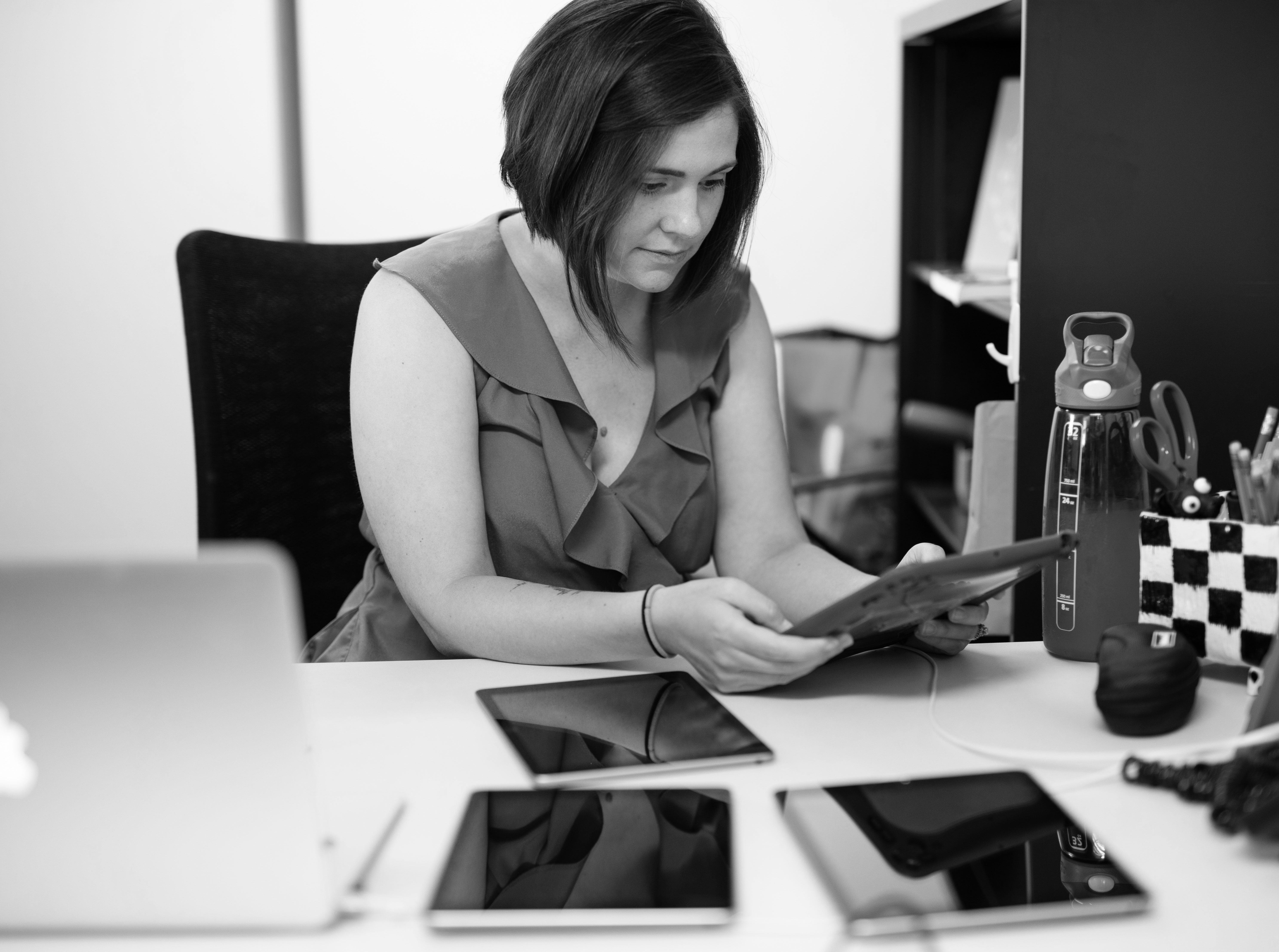
Company:
Auburn School Department, Auburn, ME
Industry:
The city of Auburn is the fifth largest city in Maine, and is situated in the state’s second largest metropolitan area. With more than 3,600 students in 10 pre-k through 12 schools, the Auburn School Department is among the most technically advanced in the state. Participating in the Maine Learning Technology Initiative (MLTI), the department boasts a 1:1 technology environment for its middle and high school students.
In 2011, Auburn schools began offering 1:1 iPads to the current kindergarten class, and then funded 1:1 for each subsequent kindergarten class until the budget ran out in 2014. Students now share the devices.
Today, Auburn schools have approximately 2,700 devices, including 1,200 iPads used in grades K-6, and 1,500 MacBook Airs acquired through the state’s 1:1 initiative for grades 7-12.
Challenge:
In order to provide technology devices to as many studentsas possible, the Auburn School Department found itself in a cycle of using devices until they stopped working. After the MLTI lease ended on a fleet of MacBooks, the technology department bought the devices and then would repair them until they couldn’t be repaired anymore. At that point, the . devices would be used for parts. A similar approach was used for iPads.
“Our history was that we would use devices until they were worthless, and then recycle them for pennies apiece. We needed a different model that would provide our students reliable and updated technology so they had the best learning environment,” said Peter Robinson, technology director of Auburn School Department.
Robinson and his team adopted an approach where devices would be leased and refreshed every three to four years, ensuring that students had current devices and software, while also reducing the number of repairs needed. At the end of the lease, the Apple devices still had considerable value so they contracted with a device buyback company that didn’t deliver on the agreed upon price and handled their devices roughly.
The last straw was when the state, which provided the grant for Auburn’s leased devices, got a bill from the buyback company for devices Robinson knew were in great shape.
Solution:
When it was time for the next refresh, Robinson solicited information and quotes from five different buyback companies. One company—Second Life Mac—sent a buyback expert out to do a pre-assessment of the schools’ devices, and then based the quote on the information gathered during that visit.
“The quote wasn’t the highest and it wasn’t the lowest, and that wasn’t a bad thing,” said Robinson. “We felt the high quote was unrealistic and the low quote was really low. We were impressed that Second Life Mac was trying to do the right thing and guaranteed the price they quoted.”
To conduct the refresh, Second Life Mac sent Auburn School Department all the packing materials needed, along with shipping labels. Robinson’s team simply removed the “Find my iPad” information and activation lock from each device, slipped them into the protective packaging and sealed the boxes. Second Life Mac arranged for pick up of the devices.
Outcome:
Second Life Mac purchased 1,800 iPads, and the Auburn School Department was so pleased with the service that they did a second trade-in with a number of MacBooks. The buyback took just a few weeks from start to finish, and the department had the funds in time to buy down the lease on a new fleet of 1,200 6th generation iPads.
Going forward, the Auburn School Department will still need to get proposals from multiple buyback companies when it’s time to refresh again. However, Robinson said he would have to be very impressed to switch from Second Life Mac. “Second Life Mac’s customer service was terrific, and they paid what they promised to pay,” said Robinson. “There were no surprises and no glitches.”